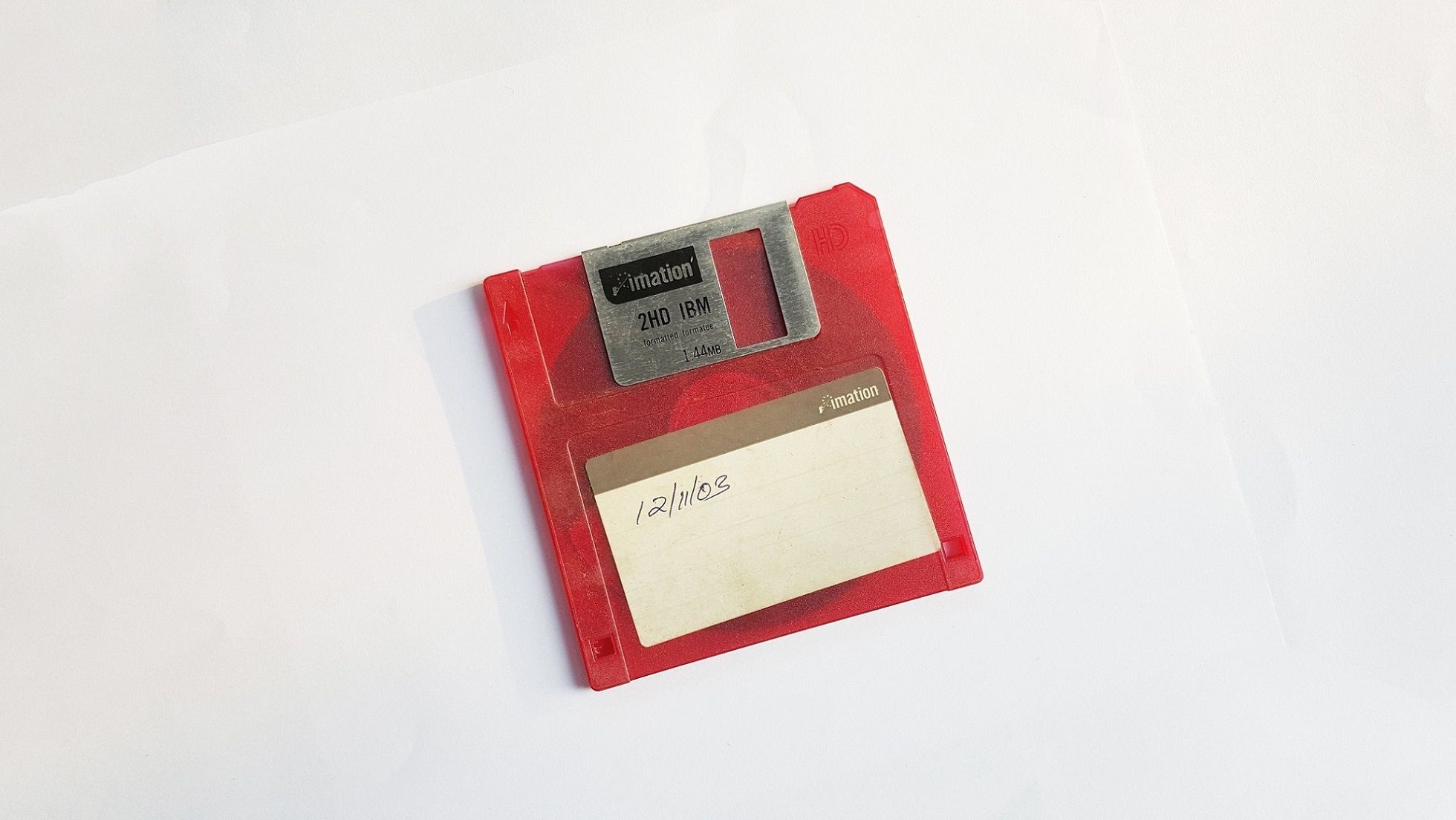Memory - A Dam For Memories
Do you have a memory like a sieve? Find out here how your head stores memories and improve your memory

Do you always find it difficult to keep important tasks in mind? After the two-hour meeting with the trade unionists, after 10 minutes you can only remember spongy pictures and snippets of conversation? You want to know why you didn't save the day as a reminder? Then you've come to the right place! We explain how the human brain manages and stores memories.
Information Intake
Information processing begins in the sensory or ultra-short-term memory. All the information that our "sensors" pick up, such as ears, nose, eyes, etc., is stored in it for a few seconds at most. Just long enough to filter the information. Most of the superfluous information is forgotten. The information that the brain considers important is passed on to short-term memory.

Conscious Processing
Humans not only have conscious access to short-term memory, but also limited influence.
An example would be solving a mental arithmetic problem: 13+32. Already calculated? The answer is forty-five. However, in order to arrive at this result, you have to remember the two numbers individually, visualize them in your head and add them up. Since this "work" is done in the short-term memory, it is also called working memory.
However, memories in working memory are prone to failure. If your cell phone or the door rings in the middle of your mental arithmetic, you will be interrupted and you will probably not even be able to remember the two individual numbers afterwards.
This is because there is limited storage space in short-term memory. Between five and nine thoughts can be cached. As new information is added, old information is removed. So if you want to remember your thoughts longer, you have to move them to your long-term memory.
But before we move on to long-term memory, a question: can you still remember the two numbers from the mental arithmetic problem? If you've scrolled up now, the answer is no. Incidentally, the author could not remember the numbers when writing this section. But remember the result 45.
So different thoughts are stored for different lengths of time. The specially developed result longer than the individual components that led to it.
Something That Takes A Long Time...
In order for very important information memories to be retained for a long time, they can be shifted from short-term memory to long-term memory. Unfortunately, this process is subconscious and humans have no direct influence on it.
Long-term memory can be divided into two areas:
Declarative Memory
All "knowledge information" is collected in the declarative memory.
These include, for example, math skills or the recipe for a cake.
So it contains all the information that can be expressed in words.
Non-Declarative Memory
In the non-declarative part, on the other hand, movement patterns and routines
are stored that do not require active reflection. The natural breathing movement
or the movement sequence when walking is stored here.

In order to intentionally transfer information into long-term memory, constant repetition is required. A very good example is a person's native language. A child babbles indistinct sounds repetitively countless times until it has learned to form the sounds into the language spoken to it by its parents. Once he learns the words, he will never forget them. Even if they don't speak them for years because they've moved abroad in adulthood, they'll remember most of them. The language is burned into long-term memory through constant practice.
By the way, memory can be trained by constantly recalling information from long-term memory. Due to the continuous excitation of the synapses, the nerve connections become stronger and ultimately access to stored information is easier. Try different brain games. But pay attention to which parts of the brain are addressed by them. A logic game does not train the memory!
Study Tip: Sleep On It
During sleep, the human brain sorts the accumulated experiences of the day and combines them with sensations and emotions that were already there and to which there is a connection.
A book that is read before going to bed is fresh in the memory and is easier to sort into long-term memory. So if you want or need to learn something new, read it through for the first time or for the second time before you go to bed. Then ask yourself the next morning if you've noticed it. Repeat this process for several days and it will be easier for you to retain what you have learned.
Conclusion
Our memory is fascinating. We absorb information, work with it, remove unnecessary information and store the important ones in a seemingly endless memory. It all works automatically, because subconsciously!
If you need more tips on how to remember what you have learned better, then have a look at our article on criteria for good learning. There you will receive tips on how to achieve a good learning effect with seminar participants. Just apply these tips to yourself!